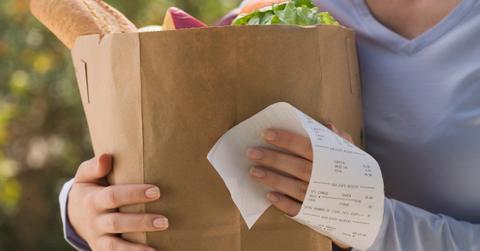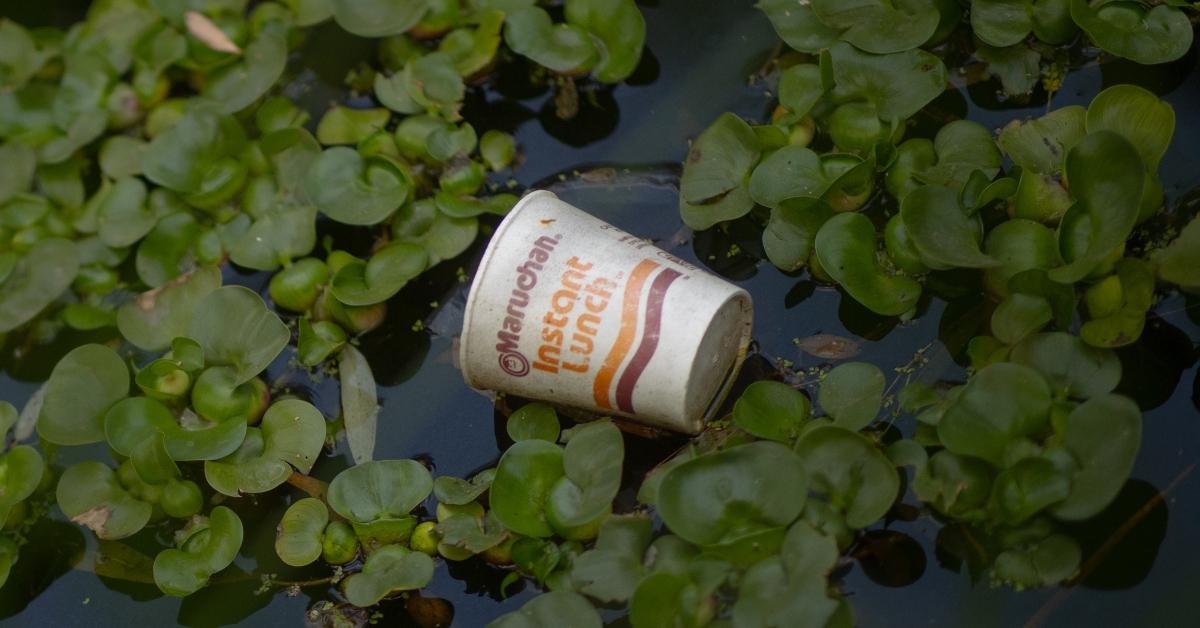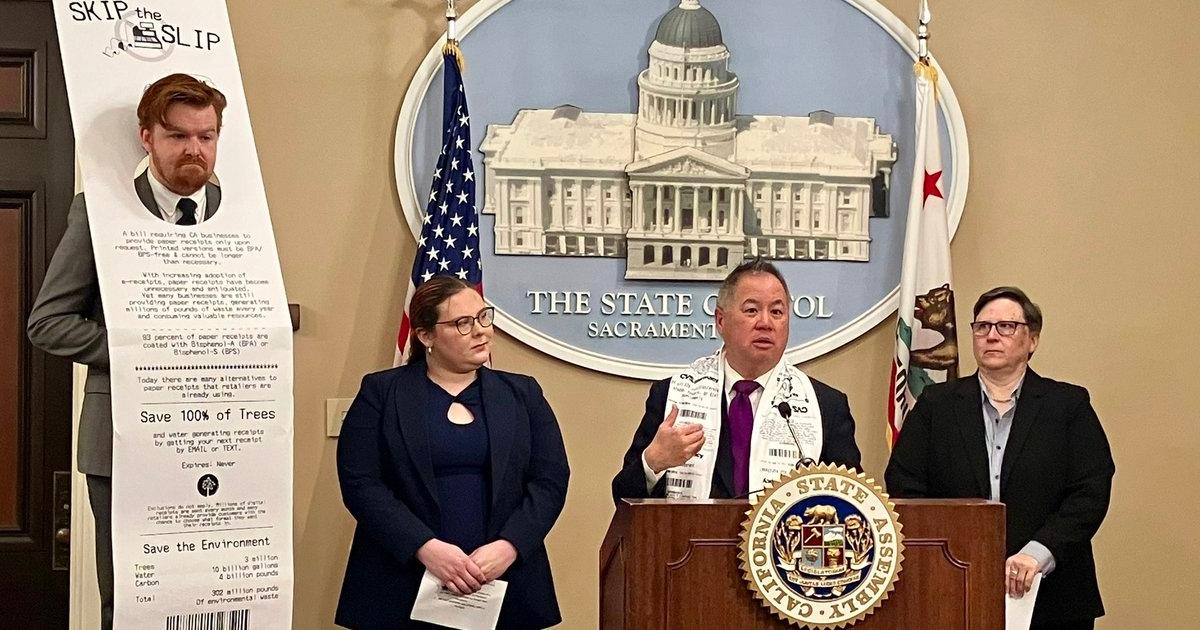California Lawmaker Wants to Ban Paper Receipts — Here's Why
California Assemblyman Phil Ting introduced a bill to ban stores from using paper receipts. The bill would require stores use electronic receipts.
March 3 2023, Published 12:07 p.m. ET

You know those exceedingly long paper receipts you get from the grocery store that list the items you bought, the rewards points you’ve accumulated, and maybe even advertisements for other businesses? They're harming the environment, says California lawmaker Phil Ting, D-San Francisco.
Ting has introduced a bill in the California legislature that would ban stores from using paper receipts. The proposed Assembly Bill 161, or “Skip the Slip,” would require stores and restaurants to use electronic receipts as a default. Businesses that don’t comply and continue to issue paper receipts will be fined $25 a day up to a maximum of $300 per year.
Paper receipts contain hazardous chemicals.
Ting says getting rid of paper receipts would save 3 million trees and 10 billion gallons of water, prevent 302 million pounds of waste, and reduce human exposure to harmful BPA and BPS chemicals. BPA, bisphenol A, and BPS, biphenol S, are often used to create thermal receipt paper.
“With the increasing adoption of e-receipts, paper receipts have become unnecessary,” Ting says on a petition he created to garner support for his Skip-the-Slip legislation. “They waste a lot of environmental resources and have harmful chemicals that can be absorbed through our skin just by touching them.”
A 2016 Center for Environmental Health study found toxic chemicals in receipts from many large chain stores, CNBC reports.
“There’s been a lot of research in the last 20 years about the harmful effects of bisphenol A. It causes a whole variety of health problems, many of them related to a woman’s ability to have a successful pregnancy,” a representative from the Center for Environmental Health told CNBC in 2019.
The paper receipt ban was first proposed in 2019.
This isn’t the first time Ting has tried to ban paper receipts. He introduced similar legislation in 2019 that was passed by the California Sstate Assembly but failed when it got to the Senate, the Los Angeles Times reports.

Many states ban plastic products.
The proposed Skip-the-Slip bill is similar to other laws offered or put into place to cut down on waste and protect the environment. Other items that have been banned include:
Plastic straws
California was at the forefront of the plastic straw ban. As of October 2022, plastic straws have also been banned in Maine, New Jersey, New York, Oregon, Rhode Island, Vermont, and Washington, according to imPasta Straws. Many other states support limiting single-use plastic straws but haven’t gone as far as to implement a statewide ban.
Styrofoam
Several states have banned using Styrofoam, a non-biodegradable plastic often used for food takeout containers, disposable plates and cups, and packing peanuts. States that ban Styrofoam include Colorado, Maine, Maryland, New York, New Jersey, Vermont, Virginia, Washington, and the District of Columbia.

Plastic grocery bags
Plastic grocery bags like the one floating in the air in the movie American Beauty have been banned in nine states as of 2023. Those states are California, Connecticut, Delaware, Hawaii, Maine, New York, Oregon, Vermont, and New Jersey.

